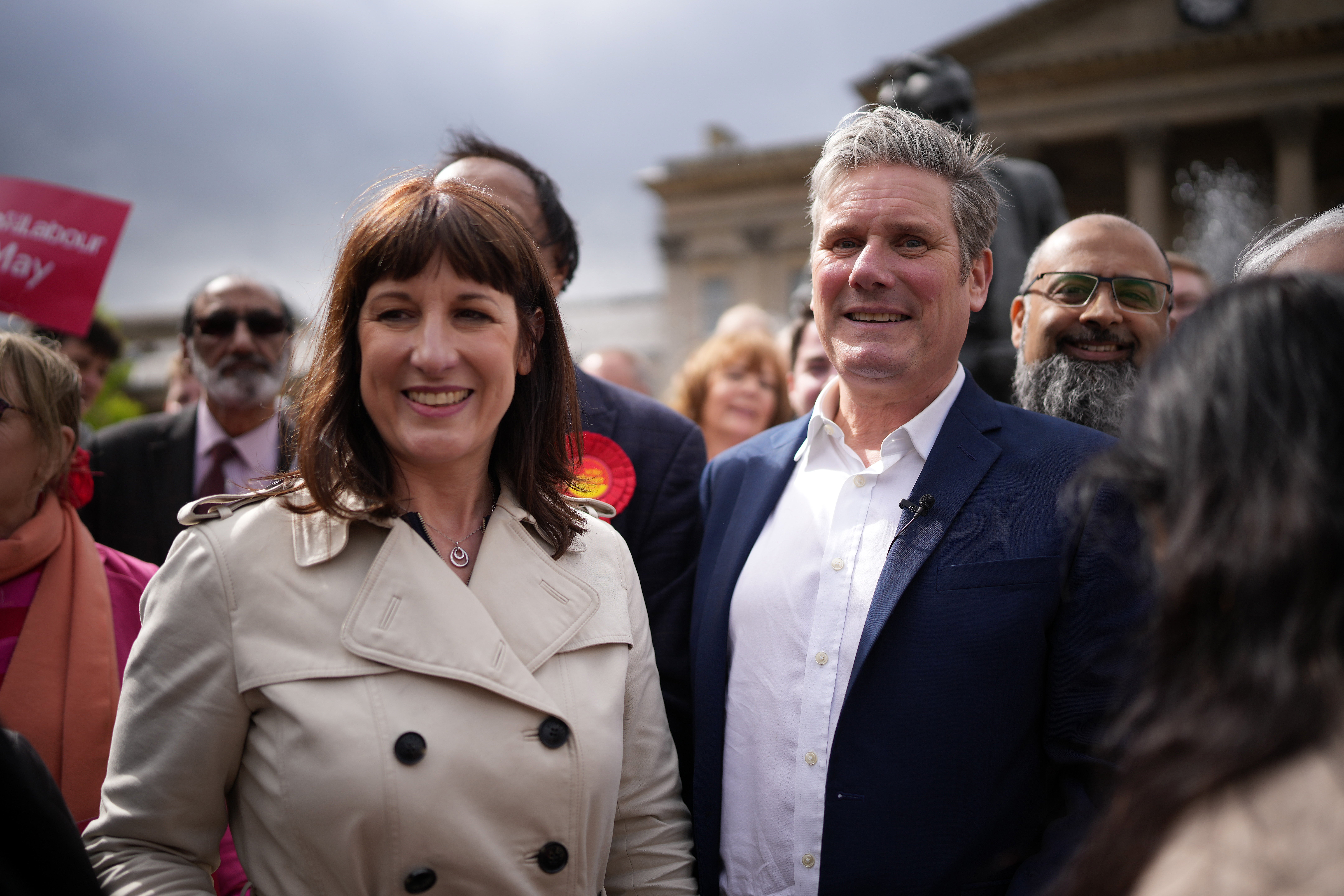Labour says it is ‘winning the battle of ideas’ – it is tough to argue
Admittedly, most of these moves are not particularly innovative examples of policymaking but they do at least show the party has been alive to its opportunities, writes Sean O’Grady


According to shadow chancellor Rachel Reeves, the government’s latest U-turn on a windfall tax on the big energy companies proves that “Labour is winning the battle of ideas in Britain”.
Leaving aside the inconvenient fact that the Liberal Democrats proposed such a levy in October, there is something in what Reeves says about our country’s two major parties. Rishi Sunak’s fiscal event was more or less scripted by Reeves, and she looked suitably pleased with herself at the despatch box.
It is not, at any rate, the first time the Conservatives have adopted a policy from an opposition party. During the pandemic, there were several occasions when Labour urged the government to impose public health precautions, and ministers resisted until the situation became so dire they had to do precisely that.
Similarly, when Labour and Marcus Rashford caught the public mood on free school meals during the school holidays, public pressure also forced the government to change course. Labour also made the prime minister abandon a plan to rescue Owen Paterson’s political career, which marked the start of a decline in the political fortunes of the governing party and its leader.
Admittedly, most of these moves are not particularly innovative examples of policymaking, but they at least show the Labour Party has been alive to its opportunities, increasingly in touch with public opinion and on its parliamentary toes.
An infusion of strong talent on the front bench – notably Reeves, Wes Streeting and Yvette Cooper –and the skilful handling of “Beergate” by Keir Starmer has seen the party rewarded with a creditable performance in the local elections and the kind of poll leads it needs to create momentum.
But policy – and particularly economic policy – will be crucial, and it is here that Reeves will need to emulate the kind of creativity that propelled Labour into power in 1945, 1964 and 1997. Public ownership, planning and the “third way” were the themes in those years, and it’s notable that they followed a long period of Conservative rule.
Although Labour wasted much of its time in opposition in the 1930s, 1950s and 1980s on fratricidal warfare, there was also lots of new thinking on the left, with progressive ideas being incubated into policy in universities, the media and think tanks, albeit taking too long to find their way into a Labour manifesto properly presented to and accepted by the electorate.
Then as now, the predominant currents of intellectual opinion were on the centre-left. During the Second World War, Labour ministers in the wartime coalition concentrated on developing ideas like good social housing, the NHS and freedom for India. In the early 1960s, Labour wanted to energise the economy through technology investment, modernisation and planning. In the 1990s, it was fiscal prudence linked to redistribution, a windfall tax on utilities, devolution for Scotland and Wales, independence for the Bank of England and a better relationship with the EU.
Then as now too, the Conservatives in government were increasingly complacent, relying on the fading memories of supposed past Labour horrors and fresh out of ideas. The usual sign of ideological bankruptcy is the desperate search to find something, anything, to privatise. In the case of John Major's government, it was the railways and the water industry, and now it is Channel 4.
By the end of their time in power in the 1960s and 1990s, they were exhausted, discredited, and the voters felt that it was time for change. These days have the same weary feeling about them, especially after Brexit and Covid.
Reeves, bright, confident and economically minded, has shown herself to be capable of outflanking the Tories on this windfall tax, reducing high street rates and opposing the rise in national insurance. Labour will need to do much more to fill a manifesto with attractive new proposals, but there is every sign that Starmer and Reeves at least comprehend what needs to be done. They’ve already touched on low investment, poor productivity and sluggish growth as the three interlinking weaknesses of the British economy, from which inflation and depressed living standards flow.
Finding a way to make Brexit work might be the next set-up in Labour’s plan for economic recovery.






Join our commenting forum
Join thought-provoking conversations, follow other Independent readers and see their replies
Comments